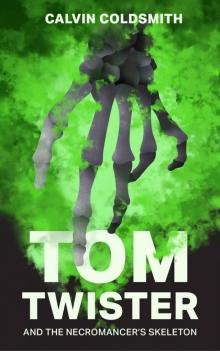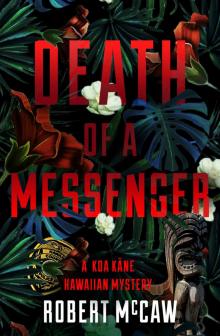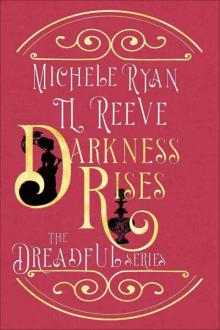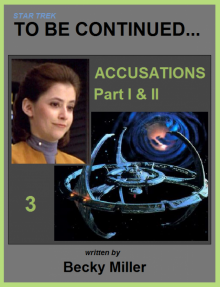3 of 8. When rummaging behind some maintenance access panels Casparian discovers some hidden containers and failing to tell the authorities she becomes prime suspect of a smuggling scheme aboard the station for which she will be expelled from the Academy and sent away from the station. Will she escape being caught? Are the accusations against her true? Or is it all part of something much bigger?Latium 310 BC. In book 9 of his famous History of Rome Livy tells how the Romans, drained by their expansionist war against the Samnites in the south, were in need of a victory and rich booty. The most alluring prey within easy reach were the wealthy Etruscans just to their north but these were protected by the impenetrable barrier of the Cimina Mountains, reputedly haunted by evil spirits and demons. Marcus Fabius Cesus, brother to one of the consuls for the year and a well-known general, volunteers to seek a path through the wilderness. In Livy’s words“He had been brought up in Caere, and was thoroughly conversant with the Etruscan language and literature. There is authority for asserting that at that time Roman boys were, as a rule, instructed in Etruscan literature as they now are in Greek, but I think the probability is that there was something remarkable about the man who displayed such boldness in disguising himself and mingling with the enemy. He is said to have been accompanied by only one servant, and during their journey they only made brief inquiries as to the nature of the country and the names of its leading men, lest they should make some startling blunder in conversing with the natives and so be found out. They went disguised as shepherds, with their rustic weapons, each carrying two bills and two heavy javelins. But neither their familiarity with the language nor the fashion of their dress nor their implements afforded them so much protection as the impossibility of believing that any stranger would enter the Ciminian forest.”This is the tale of Marcus’ extraordinary journey; the tale of his slave, Janu, and his love for Orphea; the tale of the mysterious origins of the Etruscan race; the tale of the immortal priestesses, daughters of the god Arius, waiting to fulfill their sacred mission; the tale of Hanibald, the middle-eastern mystic who seeks religious solace in his lonely hermitage; but most of all it is the tale of the Etruscan civilisation’s swansong.Pier Isa della Rupe is steeped in the lore of her native Cimina mountains and this book is the fruit of careful research, accurate down to the last detail. But scholarship fades into the background as the reader is swept along on a torrent of rich, descriptive language perhaps rare in our minimalist-inspired age. This is no dry history but a visionary tale, a magical evocation of a place and its people, an inspired flow of words which I personally found an intense pleasure to translate. I hope that many people will be able to have the pleasure of reading it.PIER ISA DELLA RUPEETRUSCAN SWAN SONGCHAPTER 1Legend has it that Thetia, the famous Sybil of the Sacred Forests of the Cimina mountains, lived isolated from the world for thousands of years in a dark, windswept cavern under the gaunt Acqua Zita crag to the north of the Cimini Mountain chain. Her only companions were wolves, bears and a beautiful white lion that her mother, the nymph Athea, had given her. Her den was an intricate labyrinth of tunnels hollowed out of the volcanic rock which stretched down to where a hot spring bubbled from the bowels of the earth. Among her collection of archaic documents written on palm leaves an ancient roll was found, half scorched, which claimed in mysterious verse that the world was created from the Cimina mountains.
 Sohut's Protection: A Sci-fi Alien Romance (Riv's Sanctuary Book 2)
Sohut's Protection: A Sci-fi Alien Romance (Riv's Sanctuary Book 2) Tom Twister and the Necromancer's Skeleton
Tom Twister and the Necromancer's Skeleton Quantum Cultivation
Quantum Cultivation The Deal (A Ray Hammer Novel Book 2)
The Deal (A Ray Hammer Novel Book 2) Death of a Messenger
Death of a Messenger Murder at the Tea Party: 1920s Historical Cozy Mystery (An Evie Parker Mystery)
Murder at the Tea Party: 1920s Historical Cozy Mystery (An Evie Parker Mystery) Bite Back Box Set 2
Bite Back Box Set 2 Darkness Rises
Darkness Rises
